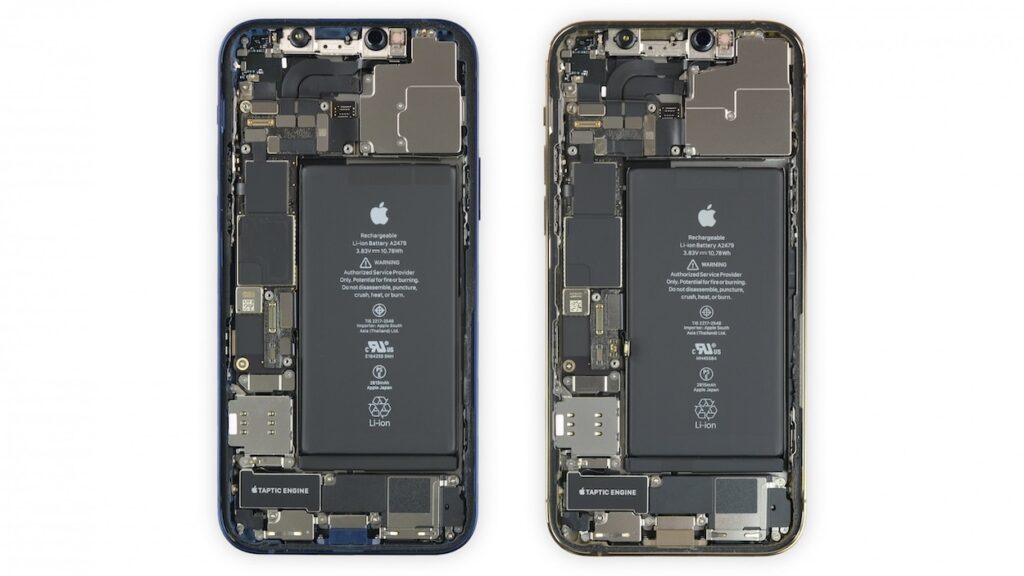
Apple’s pursuit of tighter device control through custom components has faced a setback. Reports indicate that the tech giant is scrapping its long-struggled endeavor to create custom 5G modems.
As detailed in a blog post by “yeux1122” on Naver, referencing sources within the supply chain, Apple intends to halt its development and investment in an in-house 5G modem. This decision marks the end of expectations for an Apple-produced 5G modem to debut in upcoming iPhone models, including the speculated iPhone SE 4.
Recent reports, including one from Bloomberg’s Mark Gurman, indicate that Apple is facing another delay in its efforts to replace Qualcomm chips with its proprietary 5G modems. This setback is expected to cause Apple to miss its targeted 2025 deadline for the transition.
Apple’s Persistent Pursuit of Custom 5G Modems
Since 2019, Apple has dedicated efforts to unlock the secrets of 5G modem technology. In a strategic move, it acquired Intel’s modem business for a hefty $1 billion, steering clear of building from the ground up. Internally dubbed “Sinope,” this ambitious project aimed for fruition by 2023, with expectations for Apple to unveil the iPhone SE 4 equipped with the custom 5G modem by 2024.

The realm of modem chips involves intricate circuitry and complex coding. While Apple has showcased prowess in crafting custom M-series chips for Macs, mastering 5G modems presents a distinct challenge. Qualcomm, with decades of dedicated research and development, has honed this technology to perfection, making it a formidable contender in this domain.
Despite investing billions of dollars, Apple appears to have fallen short in its quest to develop its own modem technology. A primary hurdle in Apple’s endeavor to match Qualcomm’s modem prowess stems from the code inherited from Intel. Reportedly, Apple engineers struggled to incorporate contemporary functionalities into this code, resulting in an early prototype lagging behind Qualcomm’s current modem capabilities by several years.
Adding to the complexity, Apple treads cautiously to prevent infringing on Qualcomm’s patents. This cautious approach is a consequence of Apple’s legal battle with Qualcomm in 2017, where Apple accused Qualcomm of unjustly collecting royalties on modem chips. This legal tightrope has likely further complicated Apple’s pursuit of independent modem development.
Apple Profiting from its ‘Chips’
The setback for Apple is proving to be a boon for Qualcomm. Despite the recent extension of their agreement until 2026 for 5G modems, the deal was originally inked with the anticipation that Apple would succeed in creating its own modem. However, with Apple’s reported struggle in this endeavor, Qualcomm appears to be emerging as the victor, potentially solidifying a long-term partnership between the two tech giants.
For Apple, acknowledging this setback would undoubtedly pose a significant challenge, especially considering the substantial billion-dollar investment directed toward developing an in-house modem. This experience parallels Apple’s previous abandonment of AirPower, the wireless charging mat, due to unresolved overheating issues an instance where accepting defeat led to discontinuing the product.



